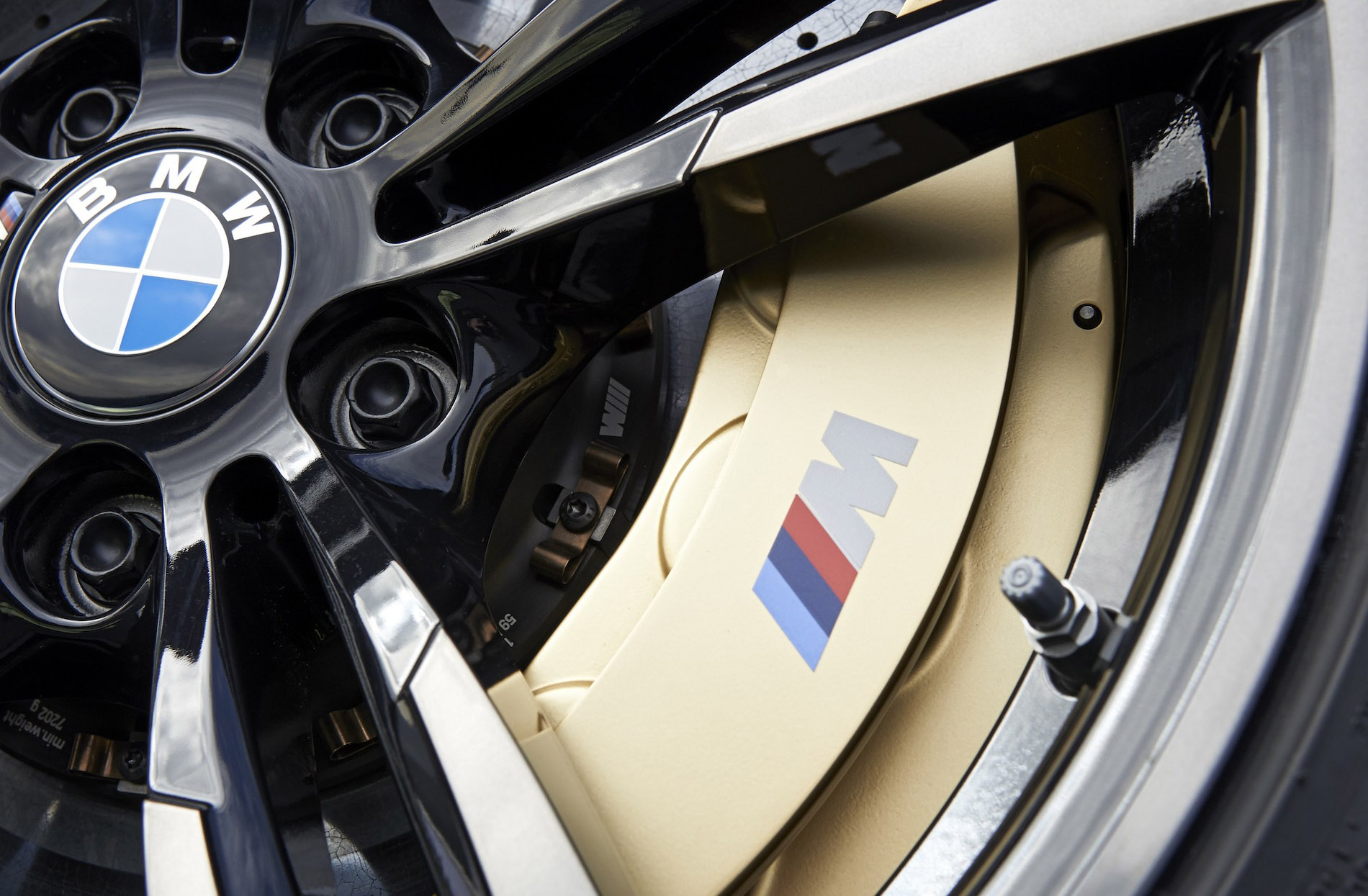How Long Should my Brakes Last?
Unless it's quite obvious that your vehicle has brake problems because it isn’t stopping the way it used to or the way you know it should, it can be hard to know how long your brakes should last. Brakes are an area where most people will rely on what the garage tells them when it's in for a service or an inspection. It's never welcome news when the service department calls you to say you need new pads, discs or even callipers, but if we have a decent idea of how long they should last at least, it can lessen the shock. So, here's a guide to brakes, how long you can expect them to last, and why.

Not all brakes are created equal
The first thing we need to think about is the kind of brakes we have on our vehicle. Most mass-market vehicles will have brake discs and pads made of steel or some other metal, but some seriously high-end cars might have carbon-ceramic brakes. These last longer than steel ones but they also need to be much hotter to work effectively, and they also cost an astronomical amount more than regular brakes. Metal brakes are therefore hugely more common, and they're still more than adequate for the vast majority of applications.
Non-ceramic brake pads are also made of different compounds to suit different driving characteristics. Harder compounds are harder wearing, but like ceramic brakes, they may need to be warmer than softer compounds to work properly. Softer pads are more suited to lower driving speeds, such as in urban environments.
How you drive is vital
Like many things in life, the harder your brakes are forced to work the shorter their lifespan is likely to be. Some of us constantly ride our brakes and are often guilty of stopping abruptly, while others tend to coast more gently to a comfortable stop. Using smooth and gradual braking puts less wear on your brake pads and means they will last longer. Of course, your brakes are still there to brake abruptly when safety demands, but looking after them the rest of the time as part of general car care will save you money.
The environment you drive in
With the best will in the world, there's only so much you can do to refine your braking habits if you're driving in an environment that's going to be hard on your brakes regardless of your best intentions. Driving in towns or cities with stop-and-go traffic and traffic lights will be much harder on brakes than driving in the country or on open roads. Hilly areas with steep gradients will also wear brakes out more quickly as you may have to ride the brakes a lot to control speed going downhill.
When will your brakes need replacing then?
As a rough rule of thumb, brake pads will need to be replaced after around 80,000 km of normal driving. However, some may need to be replaced after as few as 40,000 km or as many as 110,000 miles. It all comes down to the factors mentioned previously. Your owner's manual will have guidelines for the brakes that were fitted when the vehicle was built, but if different ones have been fitted since you will need to consult a specialist resource.
For most people, brakes are not going to be a part of car maintenance they can carry out themselves. So, if you experience a squealing or scraping noise when you brake, get yourself to a garage because the chances are your brake pads are done. Likewise, if you experience juddering when you brake, your discs could be warped and need replacing.
If you have any questions about the brakes on your car, or if you want to book an appointment to get yours looked at by a professional, don’t hesitate to get in touch with us here at Kearys BMW today.
